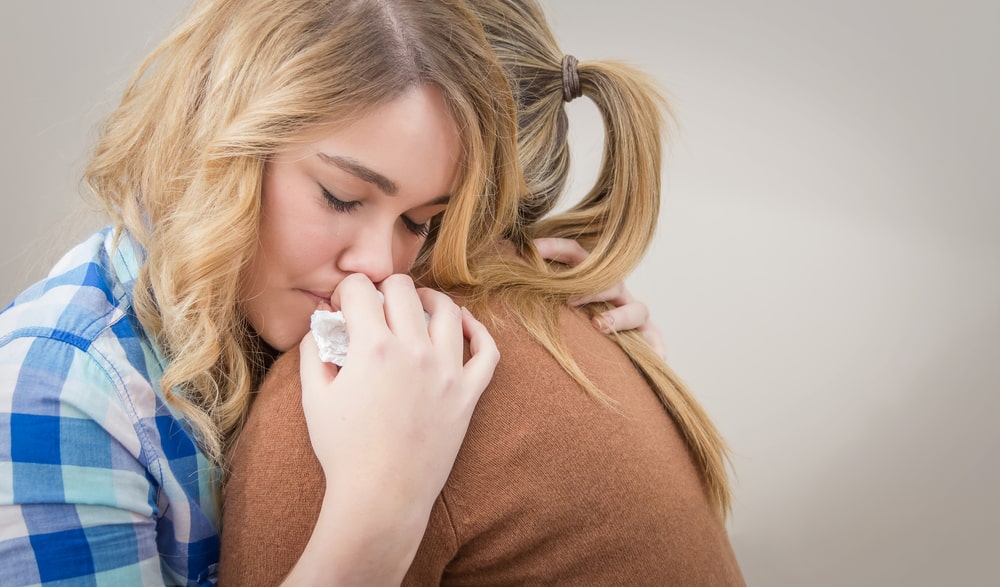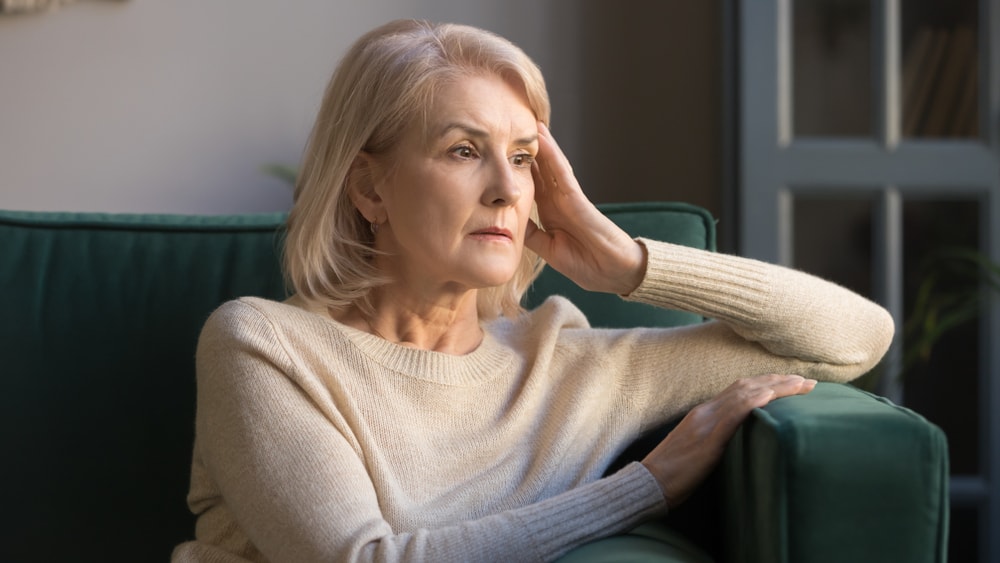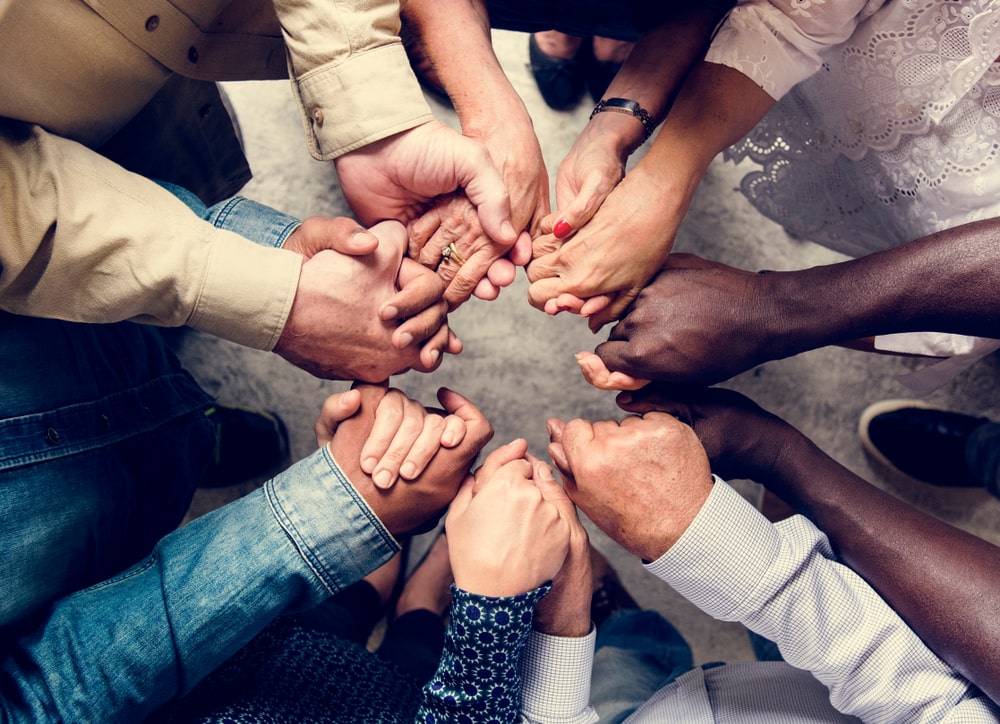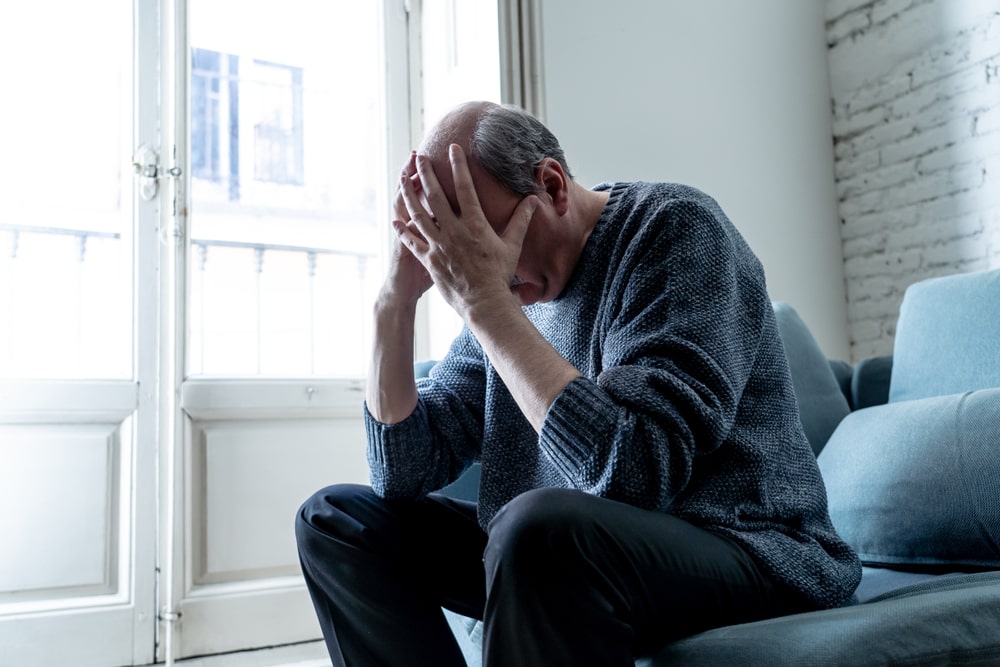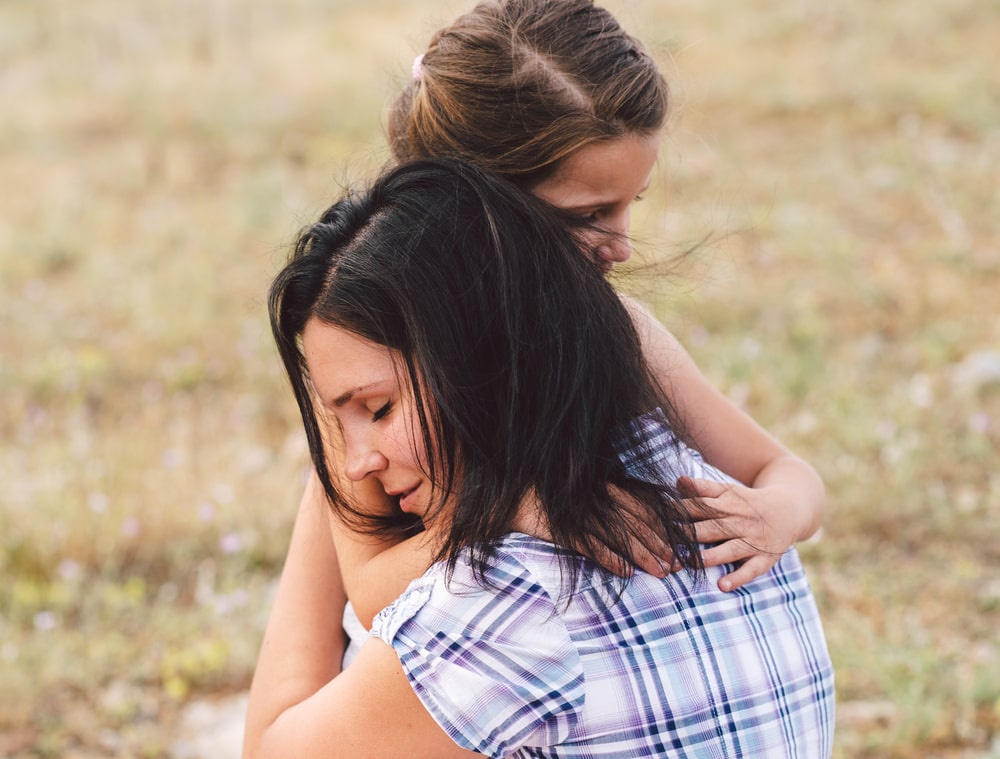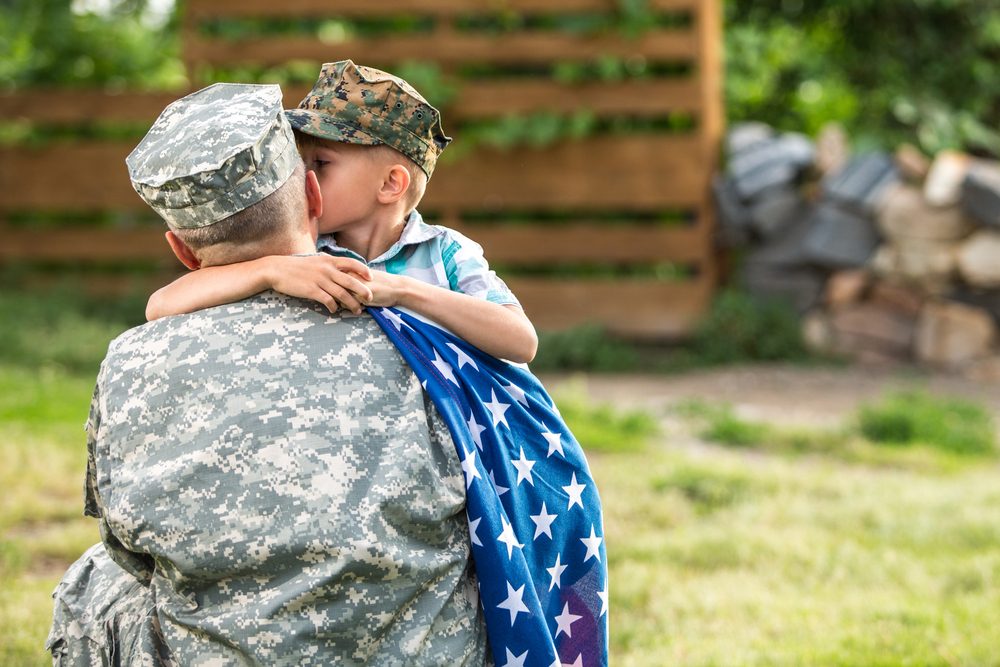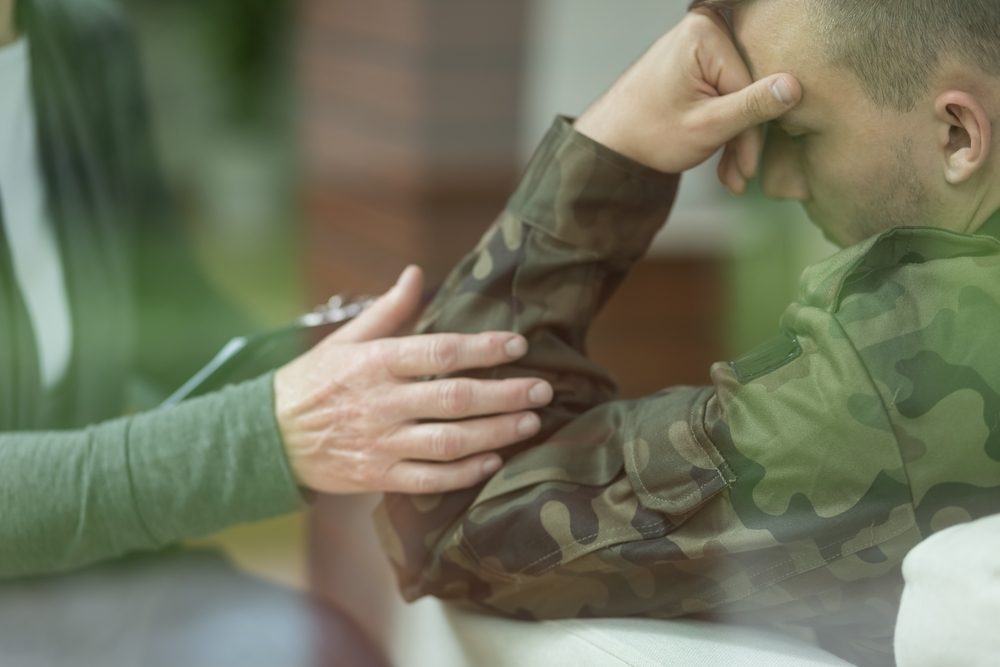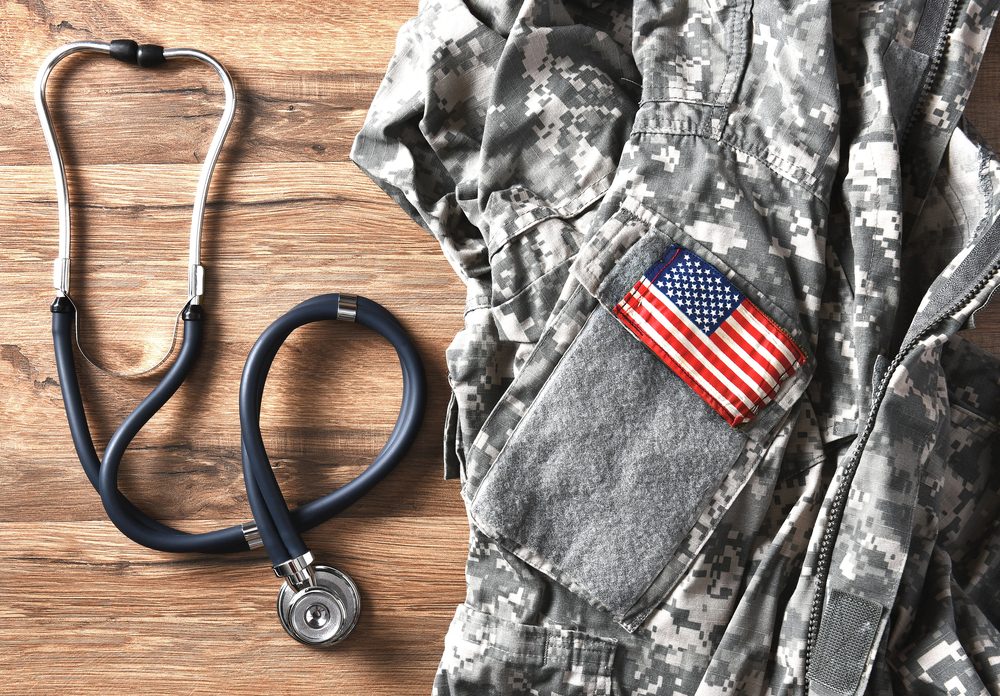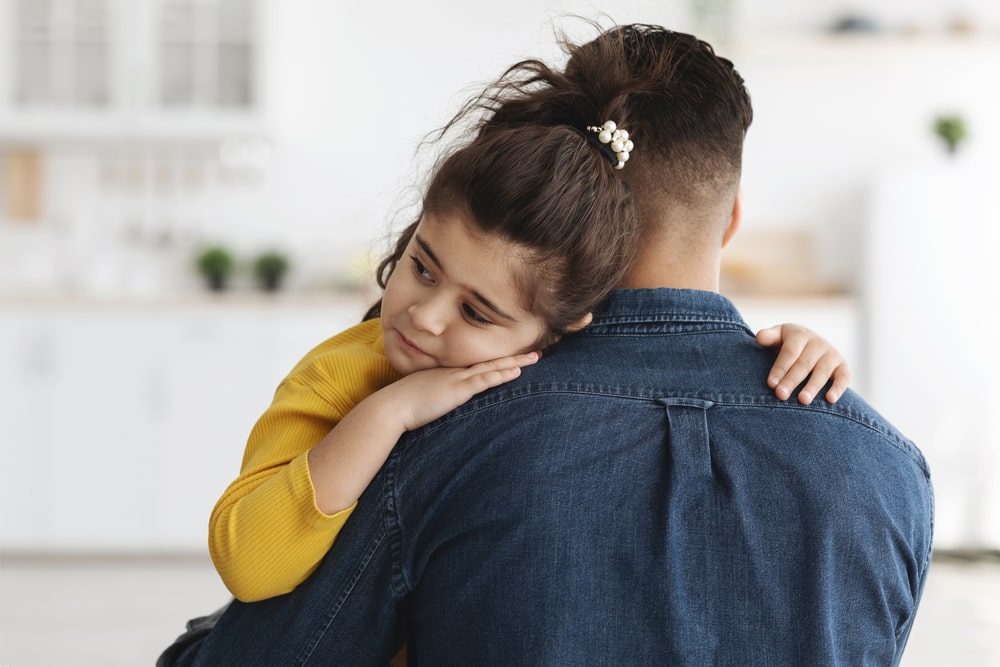
Losing a loved one to suicide is devastating at any age, but it has a deep, formative impact on children. Johns Hopkins Children’s Center has done extensive research and found that children who are under the age of 18 when their parent dies by suicide are three times more likely to complete suicide themselves. That’s why it is so deeply important to provide support, encouragement, and care to these children. With that in mind, we’ll discuss 10 ways you can support a child as they process a parent’s suicide.
Note: This is a sensitive, complex topic, and will be a long-term undertaking for adult caregivers. We recommend that you also speak with a child grief counselor or specialist to get the most well-rounded information possible as you seek to help the child in your life.
Understanding the Work of Grief
First, let’s first talk about the “work of grief.” What does this mean? Dr. Alan D. Wolfelt, a nationally respected author and grief counselor, says that we all have six needs when we mourn. Six needs that will help us do the work of grief and move toward healing and reconciliation. (Click here to read Dr. Wolfelt’s full article on the six needs.)
They are:
- Acknowledging the reality of the death
- Embracing the pain of the loss
- Remembering the person who has died
- Developing a new self-identity
- Searching for meaning
- Receiving ongoing support from others
As you help a child process their suicide grief, keep these needs in mind. The child will work through each need during the grief journey. It will likely take many years, and there won’t be any particular order. Instead, focus on being there for them – a steady source of love and support.
Now that you have an understanding of the work of grief, let’s look at 10 tips for supporting a child after a parent completes suicide.
10 Tips for Supporting a Child After a Parent’s Suicide
1. Be Open and Honest
It’s instinctive to want to protect children from the harsh things of life, but by doing so, we don’t teach them how to overcome those hard things. So, even though it may seem kinder to gloss over or barely discuss a parent’s suicide death, resist the urge. Also, don’t wait to tell them. The last thing they need is to hear about a parent’s death from a classmate, a teacher, or even on social media.
Children need to be able to trust the adults in their lives to tell the truth. When they ask questions, answer the questions. Be open. Be honest. Yes, be tactful and age-appropriate, but tell them what has happened. Children are resilient, but if you hide the truth, you will only create confusion and anger later on when they find out you weren’t fully honest.
To help you prepare for potential questions your child could ask, click here.
2. Show Your Own Emotions
As adults, we try to keep our emotions in check, but this habit is often harmful. Children learn by example – by watching what you do – so if you stifle your emotions, they will stifle theirs. If you refuse to face your own depth of feeling, they won’t learn how to understand their own feelings.
So, be open with your own emotions. As you open up, your child will learn that it’s normal and okay to be sad, angry, betrayed, or confused after a death. By modeling healthy ways to process grief, you will help the child acknowledge the reality of the death and move forward on a journey toward healing.
3. Define “Suicide” and Discuss “Sadness vs. Depression”
You’ll use different words depending on the age of the child, but you want your child to have an understanding of suicide that comes from you. Additionally, it’s important to explain the difference between sadness and depression. You certainly don’t want a child to think suicide is the answer when they are feeling sad.
Instead, emphasize that the person was sick – they had a disease – which made them unable to think clearly or make good decisions. Then, discuss healthy ways to cope with sadness and other difficult feelings, so your child understands there are good ways to deal with big emotions.
For detailed tips on how to keep the discussion age-appropriate, click here.
4. Leave the Discussion Open
Grief isn’t over in a day. A child dealing with the suicide death of a parent has a long road ahead. They may ask questions every day for weeks, stop for a while, and then bring it up again in a year. As the adult caregiver, always be ready to open the discussion again. The child is only bringing it up because they’ve been thinking about it and want to process something.
Plus, children grieve differently, depending on age and personality. They will ask questions, and then they will go off and play. Or they won’t want to talk at first, but after they’ve had time to think, they will want to discuss it with you. Be open and ready, expecting future questions, so you won’t be caught off guard when the day comes.
5. Assure Them It’s Not Their Fault
Many adults deal with guilt after a suicide death, so it’s not surprising that children will experience the same thing. However, with children, it’s even more important to assure them it’s not their fault. They are too young to understand the social and psychological factors that contribute to suicide.
Instead of understanding that their parent was dealing with depression, they will instead think, “If only I had picked up my toys,” “been less annoying,” “done what they asked me to do,” then they might still be here. A child may also deal with feelings of rejection, thinking they weren’t important enough to their parent. As sensitively as possible, assure the child it’s not their fault. Remind them that their parent was sick and that sickness has nothing to do with the child.
6. Get Back to Routine
After the death of a parent, a child’s everyday routine will change, no doubt. But you can create a similar routine that will become familiar and offer security. As they head back to school, make sure to let their teachers and counselors know what has happened, so they can support your child during school hours.
Include encouragement, hugs, and assurance in their daily routine. Your child needs to know that you aren’t going anywhere and will be there for them through the ups and downs.
7. Watch for Signs of Trauma
Some children experience more trauma than others after the suicide death of a parent. As you interact with the child, be on the lookout for certain warning signs:
- Withdrawal from normal activities
- Changes in eating or sleeping habits
- Avoiding reminders of the person who has died
- Participating in numbing activities (like too much TV, video games, etc.)
- Anger or behavioral issues
- Reduced academic performance
A child may exhibit some of these at the beginning of the grief journey, but if they don’t go away or they get worse, reach out to a professional for assistance.
8. Participate in Healing Actions and Remembrance Activities
Regardless of the person’s manner of death, the work of grief requires that we take time to remember and reflect. This may mean:
- Creating a scrapbook or memory box
- Drawing pictures
- Preparing a favorite meal
- Watching a favorite movie or going to a beloved place
- Attending a remembrance service at the holidays
In addition to remembrance activities, a funeral service provides an opportunity for your child to say goodbye and express their grief. While funerals can feel uncomfortable, children learn valuable life lessons from them. In the end, the funeral plays a large role in the grief journey. Those who take time to honor a loved one’s memory can more easily move forward after a loss.
Of course, you should discuss the funeral with your child and see if they’d like to contribute. Some children will want to participate, and others won’t. That’s okay – let them make the decision.
9. Create a Sense of Wonder
While you can’t ignore the difficulties in life, you don’t have focus your family dynamic on them either. Nurture a sense of wonder, joy, hope, and creativity in your child. Discuss why life is beautiful and what good things are to come. Show them how to work through the big emotions.
As you pour into your child’s life, they will see the good and the bad, the ups and the downs, and realize that it’s normal for these things to occur. This type of worldview will help them face the challenges ahead with resilience and fortitude, making them strong, capable, and emotionally healthy adults.
10. Seek Professional Help, When Needed
Caring for a child after parent suicide is not easy. If the child in your life is experiencing significant challenges, seek out professional help. A grief counselor or mental health therapist can work directly with your child and give you customized tips to help them through this season of deep grief.
For a child to become a healthy adult, it’s important to address any lingering effects of the death. Only then will the child be able to move forward with confidence and free of self-blame or feelings of rejection.
On the journey ahead, some days will be especially hard. But you’re not alone. Rely on your close family and friends to help you. Reach out to the professionals when it’s beyond your own capabilities. With support, encouragement, and time, your child can do the work of grief and move forward to a bright and healthy future.
Additional Resources
Children, Teens, and Suicide Loss (American Foundation for Suicide Prevention)
Talking to Children About a Suicide (Mental Health Commission of Canada)












